Product Hunt founder Ryan Hoover has become one of Silicon Valley’s most prominent entrepreneurs and investors in recent years. However, his journey to the top has been far from conventional.
This article tells the fascinating story of how Ryan went from exploring money-making schemes as a precocious child to creating Product Hunt – a highly influential platform in the tech world today.
We’ll also learn about Ryan’s unique philosophies on startups, community building, and the future of technology.
Early Explorations in Entrepreneurship
From a young age, Ryan displayed creative business acumen beyond his years:
“As a kid I was always interested in working on different projects and trying to turn trying to turn something into money. I hated working for money for time like I hated getting paid hourly because if I did a terrible job or an awesome job I got paid the same whatever $6 or $7 an hour.”
Clearly, Ryan understood the value of ownership and leverage early on. He wanted the flexibility and scalability only an entrepreneur could enjoy.
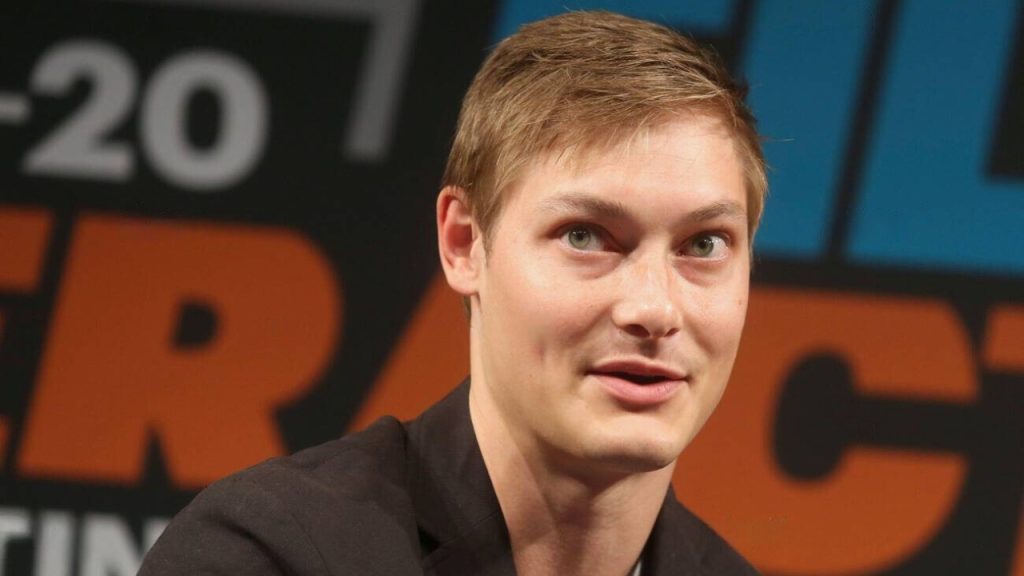
His first mini-startup venture involved arbitraging products on eBay:
“One of those was actually selling things on eBay when I was kid. I would browse fatwallet and slick deals which of these like communities and forms that people would post different deals that you can get on usually electronics and it would usually involve things with rebates price matching and all these like hacks that you’d have to like work around some of them slightly gray hat is like a little bit shady.”
Understandably, the fuzzy legal territory made young Ryan somewhat apprehensive. However, his desire for financial independence ultimately gave him the courage to test his skills in online selling:
“In any case what I would do is browse those websites daily and then find I used to buy things that were maybe 30 or 40 percent off MSRP and then buy them and then sell them on eBay. I think I sold wasn’t a lot like one hundred and fifty thousand dollars maybe two hundred thousand dollars and like merchandise.”
Making $150-200k as a teen selling products online is an impressive feat! While Ryan downplays the amount, thinking in terms of leverage, he effectively profited from his time 60-100x over a regular hourly wage job.
Discovering Product Hunt’s Idea
Ryan’s early success encouraged his ambitious and creative spirit. After college, he explored various projects as an independent maker and writer. A constant theme emerged – sharing and discussing new products emerging in the tech scene.
Ryan recognized the difficulty of discovering promising new products and saw an opportunity to create a dedicated platform just for early adopters. As he recounts:
“The idea for Product Hunt came out of Hoover’s difficulty finding a place to easily discover new and interesting products. He wanted to create a community around early adopters sharing and discussing new products.”
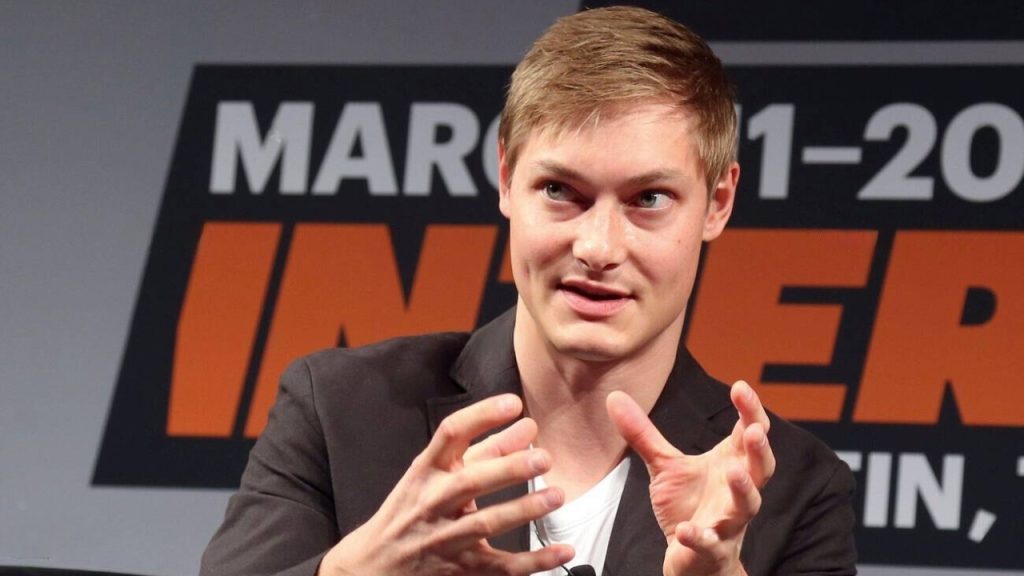
This simple, yet powerful idea directly aligned with Ryan’s interests and previous work. Moreover, it tapped into a clear market need amongst cutting-edge tech consumers and creators.
Educational Background
Ryan’s entrepreneurial bent was clear from an early age. However, he did pursue formal business and economics training in college to complement his raw talents:
Ryan Hoover studied at the University of Oregon.
University of Oregon Logo
B.S. Business, concentration in Entrepreneurship
(2005 – 2009)
Equipping himself with fundamental analytical frameworks likely aided Ryan in structuring and scaling Product Hunt later on. But most crucially, the college expanded his strategic thinking abilities and network.
Launching the Earliest Versions
With no technical skills to speak of, Ryan had to get creative in building early versions of Product Hunt. He decided to start as simply as possible – by creating an email newsletter.
“So I was like okay well what can I build and then what experience could I provide that would maybe validate or test whether people wanted this so built this email list sent it out got a few hundred subscribers initially and it took me 20 minutes to set so it was like the ultimate MVP in from a product standpoint I was like email is actually a great place to put content to re-engage people because they know our audience people and technology they use email every single day.”
Here we see Ryan nimbly adapting to his constraints while leveraging his strengths in content and community building. An email newsletter allowed him to easily test Product Hunt’s core value proposition and quickly build an engaged seed audience.
Ryan further elaborates on how non-technical founders can get started today using simple no-code tools:
“Things like email or hacking things together with like type form actually is a really good tool to almost like create a product essentially you can put like type form and stripe together and actually collect money that’s the ultimate test yeah like you can get people to pay you money for something then you’re like well wow they clearly want this.”
He rightly focuses on testing real-world consumer demand, rather than over-investing in technical implementation initially.
Growing the Community
Once Product Hunt showed some initial traction, Ryan put tremendous energy into engaging makers and cultivating the community:
“We also realized that when makers and founders saw their product on Product Hunt naturally wanted to join the conversation they wanted to share it and so when we realized that I would every morning go on Twitter and like search for their Twitter username and say hey Jill your product is is over here people are talking about it do you want to join in answer questions.”
This simple but effective tactic created a positive feedback loop of growth fuelled by relevant product creators. Ryan also secured press coverage in tech publications, leveraged his own writing to promote Product Hunt, and set up automated Twitter bots.
Within just 5-6 months, Product Hunt was already seeing explosive 50% month-over-month user growth through such guerilla marketing tactics. This early traction enabled Ryan to get accepted into the prestigious Y Combinator program in 2014.
Lessons from the Y Combinator Experience
The 3-month YC stint provided immense value far beyond the initial funding and connections. Ryan credits the program for instilling focus, accountability, and data-driven decision-making through weekly scrutiny from his mentors.
“I think part of it is one of the great things about being in YC is you are held accountable and you’re it’s almost like to some extent school like you’re your professor is gonna be like did you read the comp did you do the homework your test results are gonna show like whether you learn the thing or not at YC during that three-month process I’m losing track even you know you have this accountability on a week over week basis.”
However, while important, such skills weren’t totally foreign to Ryan even before YC. Ultimately, the program’s greatest contribution was providing expert input and forcing ruthless prioritization:
“I think a lot of it is YC instills data-driven and like very deliberate like talk to your customers type of culture which I think is something that I believe we had prior to YC so for us maybe it didn’t direct dramatically change our culture the way of operating so much.”
Transitioning to a Remote Team
One area where Ryan has diverged from the norm is in building a distributed team, even as Product Hunt was gaining strong traction:
“We’re about two-thirds outside of a side of SF okay so we have headquarters in SF but from the beginning, we’ve been a distributed team in fact the first person that ended up paying out of pocket initially was Ricardo in Italy and so he was a developer that came on board.”
Currently, Product Hunt’s team spans 8-9 time zones with members distributed everywhere from Bulgaria to Paris and Denver in the US. Ryan highlights several key advantages such a structure provides:
- Access to a global talent pool instead of just local candidates in SF
- Dramatically lower talent costs compared to SF salaries
- A diversity of perspectives aligned with Product Hunt’s international user base
Of course, communication and coordination challenges exist. But Ryan feels the benefits far outweigh the minor frustrations. After all, modern tools like Slack and Zoom help enable seamless collaboration across geographies.
“I’m happy that we’re distributed it does come with challenges but overall it’s a lot of benefits yeah but nothing like outside of the normal complaints and yeah workflow yeah communication and you know sometimes it’s difficult when you have overlap on maybe four hours working together instead of like a full day yeah but those are those are workable.”
Evolving the Business Model
As Product Hunt grew exponentially year after year, profits and monetization were not an initial priority:
“Historically we’ve never really charged for anything yeah outside of a long long time ago once upon a time we did post for charge people for job postings but then we stopped that to focus entirely on building the community in the audience now we’re shifting some of our focus towards monetization.”
However, Ryan knew that eventually, Product Hunt would need to deliver substantial business value in line with its vast influence. He began concentrating in this direction in the last couple of years.
One such effort is Ship – a suite of tools Product Hunt launched for makers to convert audiences and gather feedback:
“Our strategy going forward here and especially in q4 is to think more about what are the things that we can build and provide that people like so much that they’re willing to pay for and ship is showing a lot of promise.”
Unlike sponsored posts or generic job listings, Ship promises to truly empower tech creators with pinpoint market insights. As an adjacent offering, it smartly monetizes Product Hunt’s existing audience as well as industry knowledge.
According to Ryan, Ship has already shown impressive early traction. On launch day itself, multiple users signed up for paid subscriptions.
Venturing into Angel Investing
Leveraging his operational expertise and industry connections, Ryan recently founded Weekend Fund – an early-stage investment vehicle:
“Ryan Hoover is the founder of Product Hunt, a community of people sharing, upvoting, and geeking out about new technology products, games, and books. Ryan also invests in early-stage startups through Weekend Fund.”
He raised $3 million across 25 LP investors to provide seed capital to promising startups. True to its name, Ryan positions Weekend Fund as a “side hobby” allowing him to support founders in his free time.
Some of his notable bets include:
- Pipe – Fintech infrastructure for recurring revenue streams
- Syndicate – Analytics for podcasters
- Coinshift – Automated crypto portfolio manager
Given his focus on community-led products, it’s unsurprising that Ryan remains deeply involved post-funding as well:
“As a writer, Hoover has contributed to Hooked: How to Build Habit-Forming Products by Nir Eyal and written many essays…”
He enjoys disseminating his knowledge through books, blogs, conferences, and more. Ultimately, the Weekend Fund allows Ryan to multiply his positive impact on the startup ecosystem.
Outlook on the Future
Never one to stand still, Ryan has some unique perspectives on where technology is headed over the long run:
“I think that’s psychologically very difficult for people and at that point is one of my main points of advice when they’re asking like pre-interview make you can’t let that ruin your flow and ruin your energy a lot of people start to get defensive when they’re interrupted and then it just spirals out of control oh yeah it’s like a weird psychological tactic yeah especially if you have more multiple founders too it’s the dynamic of how he speaks when and how do you make sure that you don’t look like you’re fighting the last thing you want is two founders to look like they already have found her problems yeah ten-minute interview yep which can be challenging yep all right oh yeah I did have a question about a podcast discovery mm-hm so where do you see that going right now like obviously you guys have a podcast section yes and no we actually kind of quietly killed podcasts oh yeah.”
In closing, despite his tremendous success already, Ryan Hoover shows no signs of slowing down. He continues to enthusiastically build communities, empower founders, and invest in innovative technologies shaping the future. With role models like Ryan, the next generation of entrepreneurs looks bright indeed!

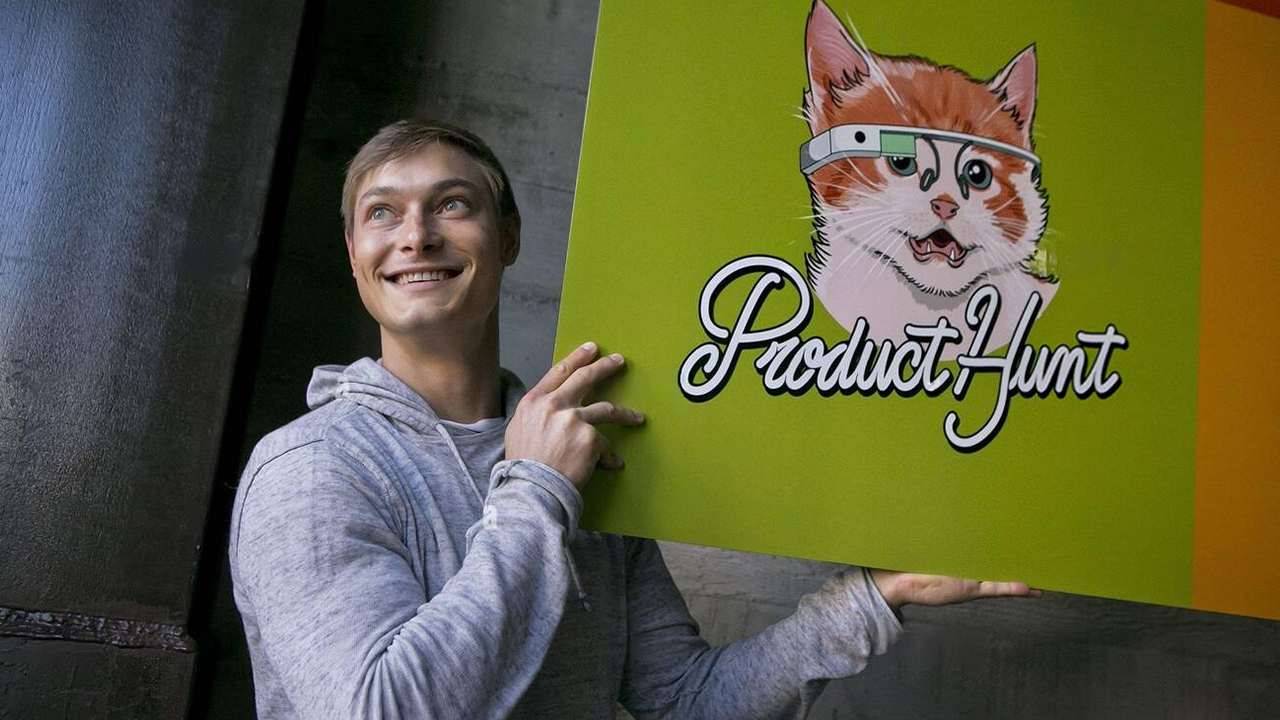
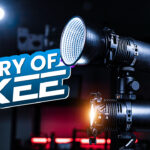
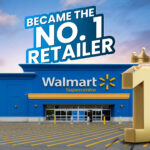






Leave a Comment